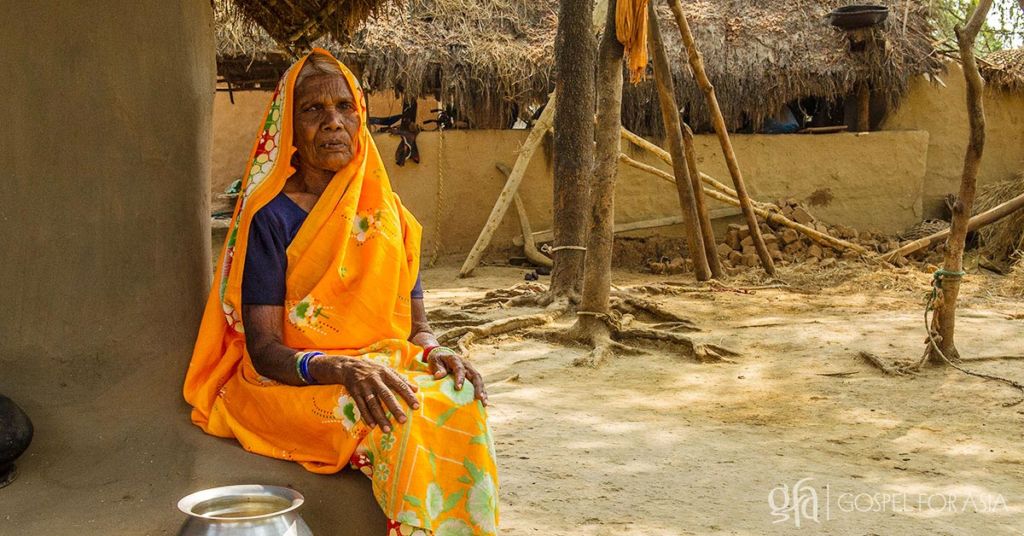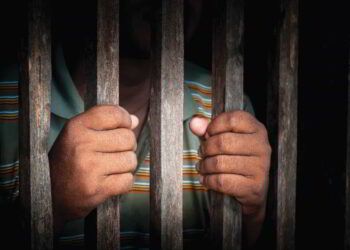Accounts of the humiliations, insults and indignations suffered by widows worldwide would make anyone cringe.
Gulika, a widow in Asia, experienced helplessness after the people in her village turned their backs on her after her husband’s death.
A woman in Nigeria was harassed by her brother-in-law asking for documents of her house before her husband’s body even left for the funeral home—and then insisted she had to leave.
Another Nigerian woman’s husband lay in a hospital bed when her sister-in-law demanded a huge amount of money from their bank account. When the wife refused, her in-law swore she would regret it.
“Three days after, my husband died, his family descended on me, took his cars away and emptied the house,” the widow shared.
In connection with last year’s International Widows Day, CNN spotlighted the cases of seven widows, ranging from a woman in Nepal to a widow in India to the spouse of a U.S. serviceman killed 12 years ago in Iraq. Their stories varied, but they faced the same plight: difficulties with grief and loneliness, forms of ostracism, financial struggles and hopelessness.











